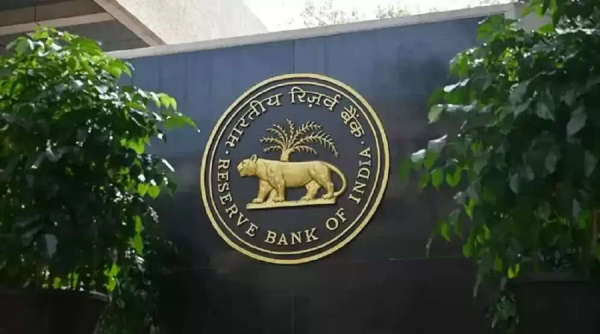
In a significant move impacting thousands of depositors, the Reserve Bank of India (RBI) has revoked the banking license of a Maharashtra-based cooperative bank with effect from April 22, 2025. This is the third such action by the central bank this April, as it continues cracking down on financial institutions that fail to meet regulatory standards.
Following the license cancellation, the RBI has requested the Registrar of Co-operative Societies, Maharashtra, to initiate the bank’s closure and appoint a liquidator to manage the winding-up process.
According to RBI, the bank lacked adequate capital, showed no earning potential, and violated several key provisions of the Banking Regulation Act, 1949, including Sections 22(3)(b), 22(3)(d), 22(3)(e) and Section 56.
The central bank stated, “Permitting the bank to continue its operations would have been detrimental to the public interest and could have compromised the safety of depositors’ funds.”
With the cancellation now in effect:
The bank is prohibited from accepting deposits.
It cannot grant new loans or perform any banking activity.
Depositors will not be able to withdraw funds directly from the bank.
However, depositors are protected under the DICGC Act, 1961, which provides insurance coverage for deposits.
The Deposit Insurance and Credit Guarantee Corporation (DICGC) guarantees a maximum compensation of ₹5 lakh per depositor, including principal and interest.
As of April 3, 2025, DICGC has already released ₹275.22 crore to depositors.
Approximately 91.55% of depositors are entitled to receive their full deposit amount under the insurance coverage.
There is no need for depositors to apply separately for claims. The insurance process is handled by DICGC in collaboration with the liquidator, and the compensation is directly credited to eligible account holders.
This situation highlights the importance of conducting due diligence before depositing funds, especially in smaller cooperative banks.